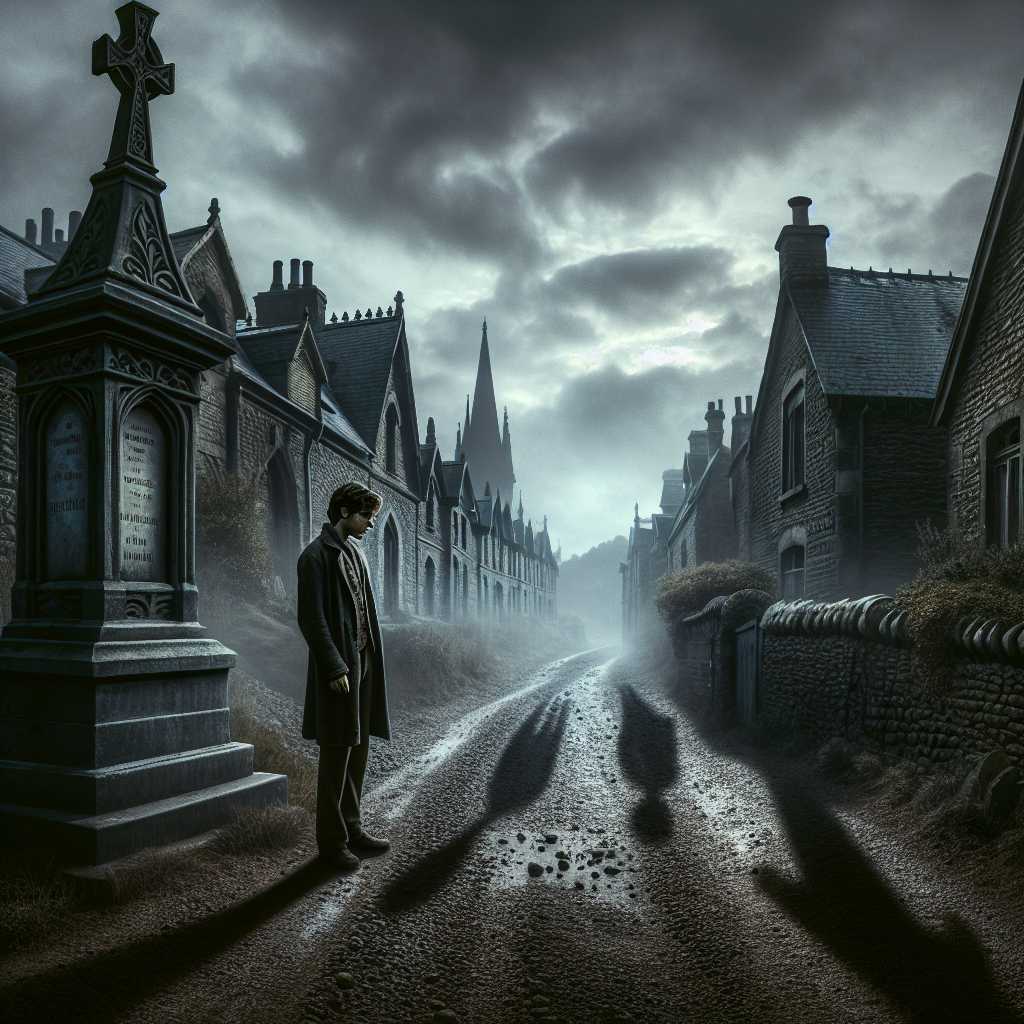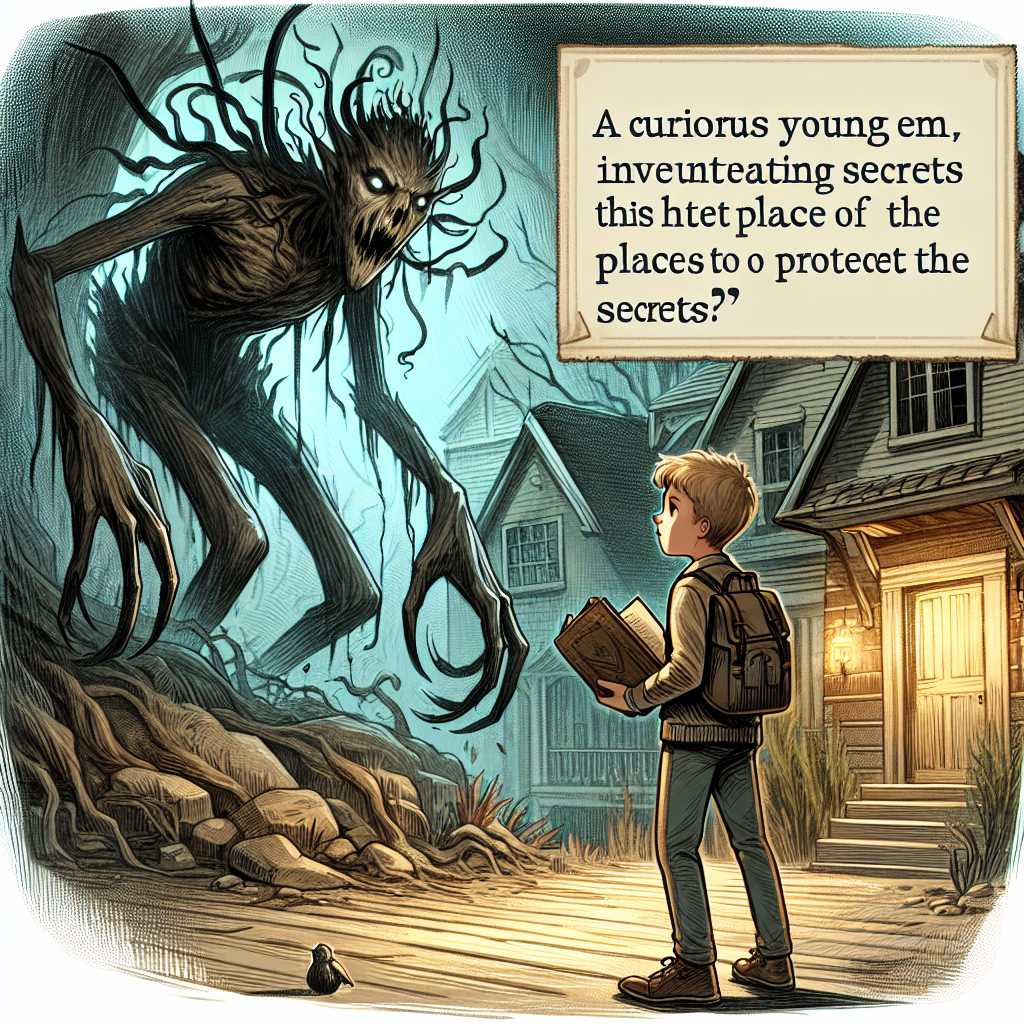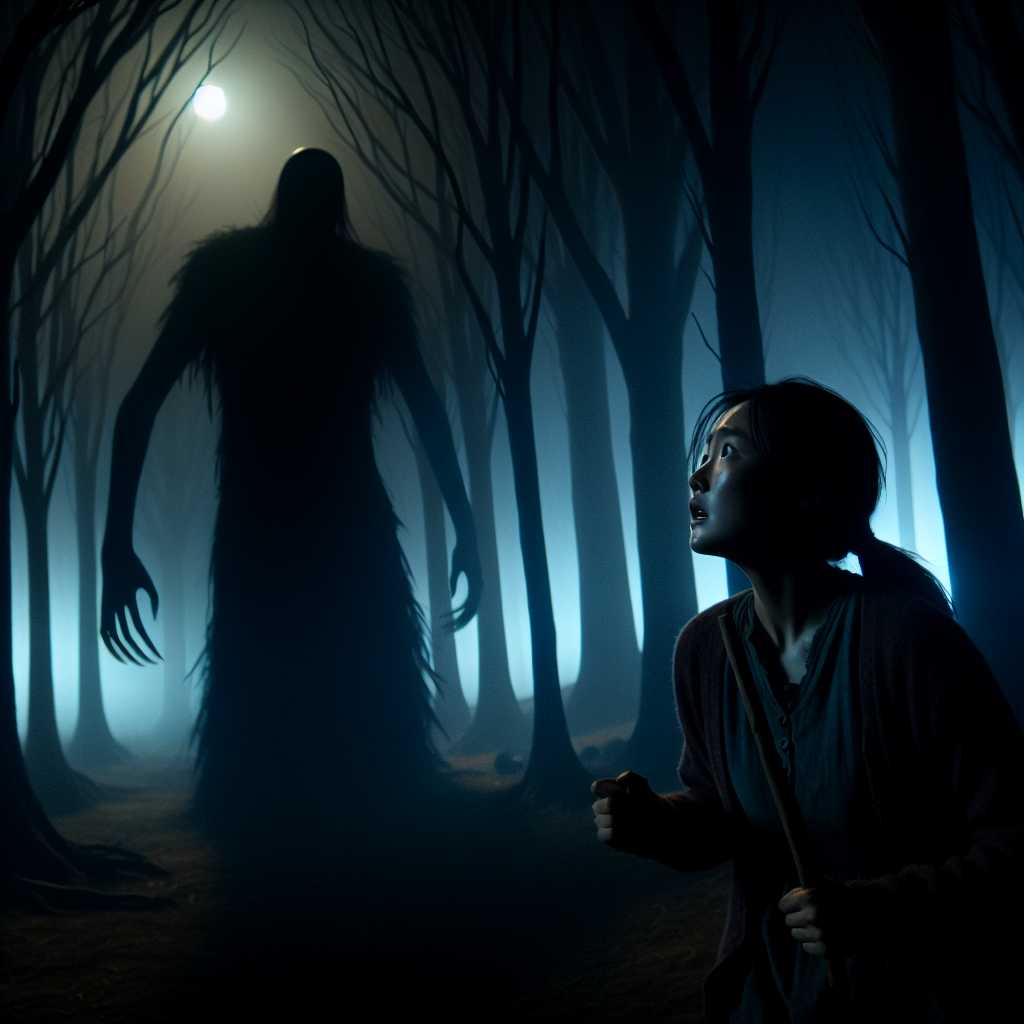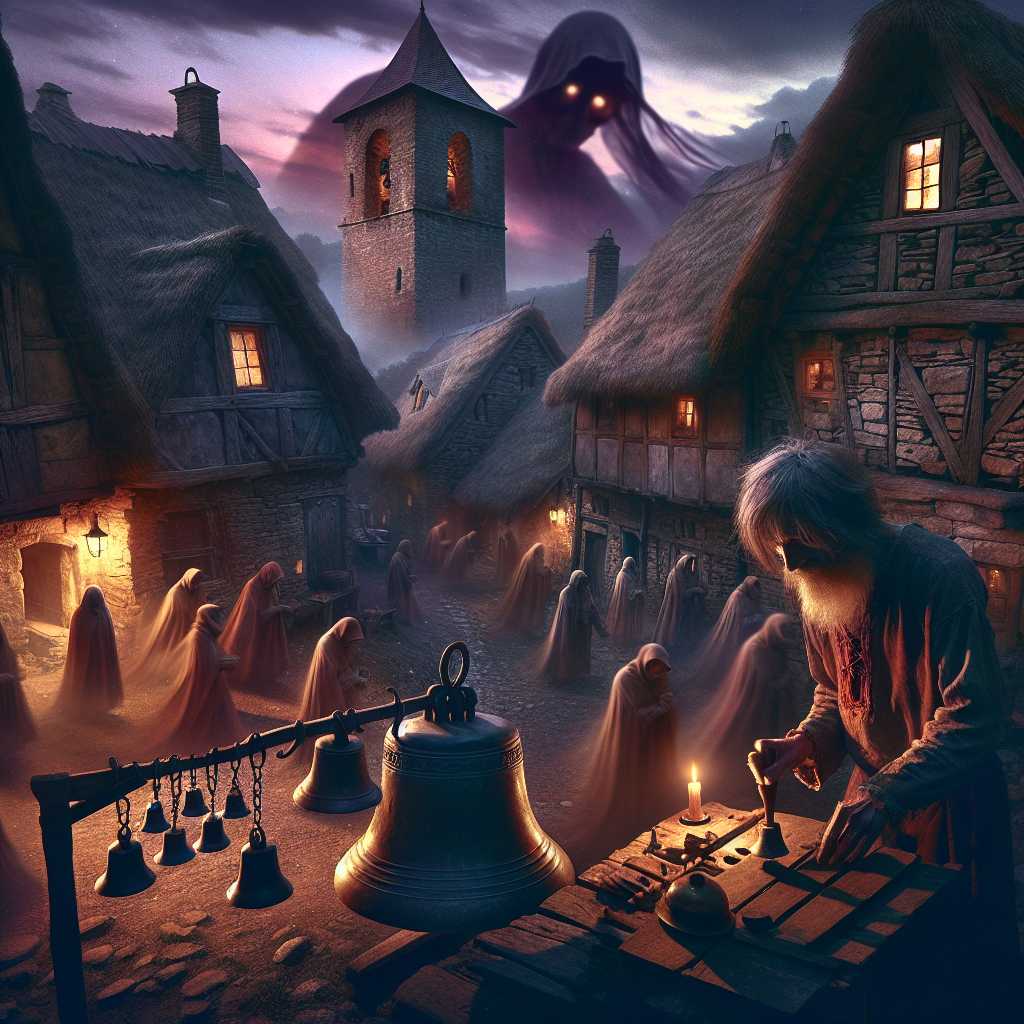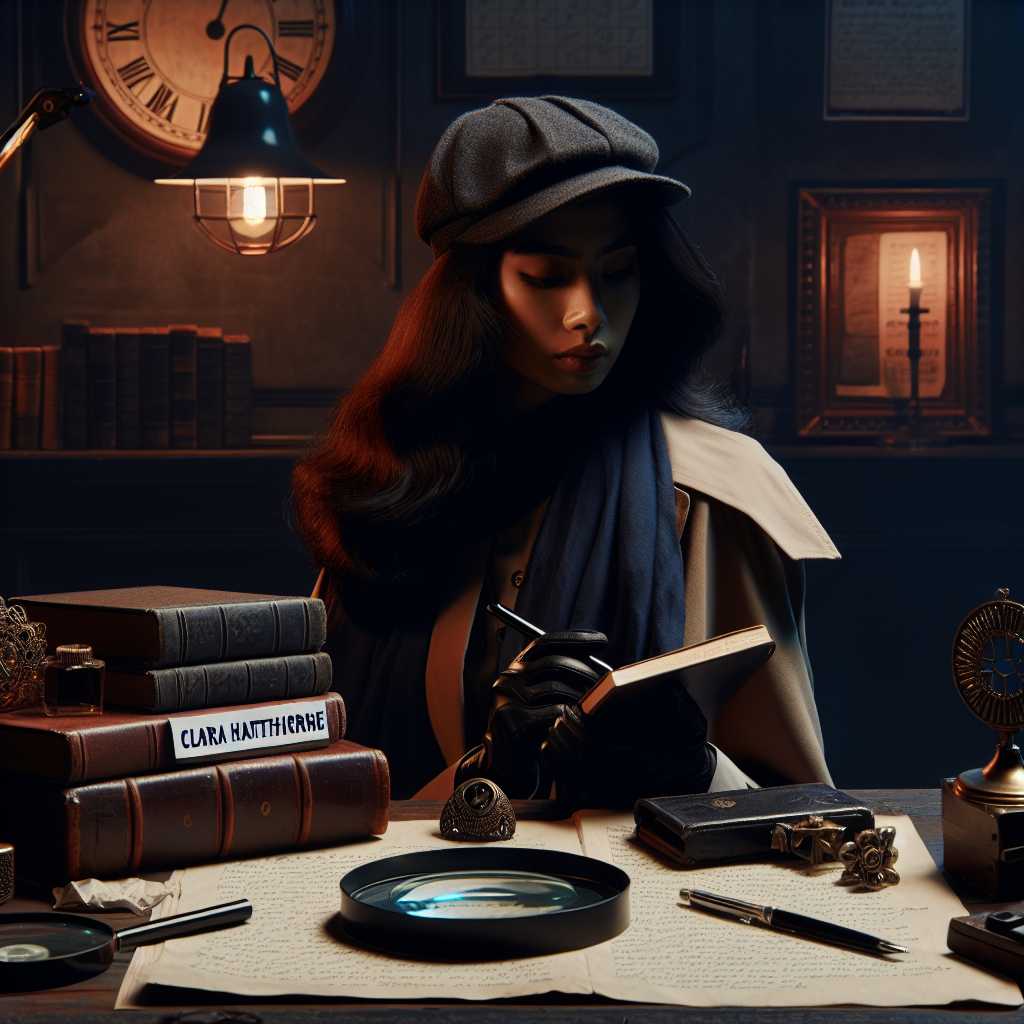
It was a late autumn evening, the mist curling in thick strands through the narrow, cobblestone streets of Wicker Lane. Each tendril of fog seemed to carry with it the whispers of a thousand secrets, spoken softly as night fell upon the quaint little town of Millbury. The ever-watchful spires of St. Agnes Church loomed like sentinels against the darkening sky, their shadows stretching ominously over the sleepy cottages below.
Along the lane, the old gas lamps flickered weakly, their feeble light casting a ghostly pallor upon the figure of Detective Clara Hawthorne. She walked briskly, her coat flaring behind her like a cape, her mind a whirlpool of thoughts. The wind clawed at her cheeks, bringing with it the acrid scent of burned tobacco and wet earth—a familiar aroma that always seemed to accompany a murder investigation.
Clara's destination was the quaint yet forlorn abode of Jonathan Fisher, a reclusive writer known for his dark and intricate novels. Earlier that morning, his lifeless body had been discovered by the housekeeper, sprawled across the wooden floor of his study, a pool of dark crimson staining the faded Persian rug beneath him. The town was buzzing with speculation, yet no one seemed to have any answers.
“It was the work of a fiend,” Mrs. Gunderson, the baker’s wife, had whispered fervently in town square. “I’ve never liked that cottage, cursed it is.”
To the ever-rational Clara, rumors of curses and ghosts were unwelcome distractions. Instead, she focused her attention on cold, hard evidence; a single sheet of paper found clutched in Jonathan's hand adorned with cryptic symbols and the whispered hints of some secret that might have led to his untimely demise.
Arriving at the Fisher residence, the scene of the crime was as she had expected—eerily silent. Shadows hugged the walls of the study, long and lean, seeming to stretch out hungrily toward the low-burning hearth. Books lined the shelves from floor to ceiling, each spine a testament to Jonathan's insatiable thirst for the macabre. It was a room of intellect, but now it lay dormant, sullied by the specter of death.
It was more than just a murder in this town; it was a ripple in the fabric of their existence, a discordant note in their otherwise harmonious song.
Clara's keen eyes scanned the room, her mind meticulously cataloging every detail. With deft fingers, she began sifting through the manuscripts and notes piled haphazardly across the desk. Frustratingly, the writer left behind no clues amid his ink-stained works. But just as hope began to wane, Clara’s fingers brushed against something peculiar under one of the heavy volumes.
Pulled free, it was a delicate piece of ornate brass—a key. Instinctively, Clara knew this was no ordinary key; its ornate design suggested it unlocked something of significant value or great secrecy. She slipped it into the pocket of her coat as she heard a faint stir behind her.
“Detective Hawthorne?” came a soft voice from the doorway, pulling Clara from her focused reverie.
Standing there was Lila Thompson, a neighbor and long-time acquaintance of Jonathan. Her eyes were red-rimmed, and her fragile frame seemed to carry the weight of grief—a familiar betrayal from one she had once called a friend.
“Jonathan spoke of you often,” Lila murmured, wringing her hands nervously. “He said you were a kindred spirit—a seeker of truths in a world full of masks.”
Clara listened intently, her gaze piercing through Lila as if reading her very soul. “What can you tell me about the night he died?”
Lila hesitated, her voice catching in her throat. **“He... he seemed different of late, distant and preoccupied. I believe he had stumbled upon something in his research, something that frightened him.”**
With an intuitive nod, Clara assured, “I’ll discover what cast such a shadow upon him, Lila.”
The following days found Clara piecing together the puzzle with relentless zeal. The key, she realized, was a key to a mystery older than Wicker Lane itself. Behind locked doors lay unseen truths, hidden away in the heart of Millbury’s most ancient structures, washed in the light of both secrets and superstition.
As she unraveled the threads of Jonathan’s last days, Clara discovered a clandestine group—the Society of Shadows—a fraternity sworn to guard hidden histories and forbidden knowledge, which Jonathan had naively infiltrated through his literary pursuits. The enigmatic symbols on the paper, once truly obscure, now painted a vivid tapestry of their clandestine activities.
As the mystery deepened, so did Clara's resolve to seek justice—not for applause or adulation, but for the solemn duty she had vowed to uphold. **To let the shadows remain, but the whispers speak their truths.**
One blustery night, when the very wind seemed to howl with the echoes of restless spirits, Clara found herself standing at the door of an unassuming cottage on the outskirts of town—a place she now knew harbored the answers she sought. The key trembled in her hand, its golden surface glistening under the scant moonlight.
With a creak, the door opened. Within lay the artifacts of an era long past, scrolls and tomes lining the walls, yet in the midst of it all lay the final piece: a ledger detailing the activities of the Society, inscribed by none other than Jonathan Fisher himself.
Armed with this revelation, Clara stepped back into the night, the fog welcoming her like an old friend. The winds of Wicker Lane sang softly in her ears—secrets told, justice served. And in the quiet of her mind, amongst the silent whispers, Clara wondered: Had she unearthed the final truth, or merely turned the page to a new chapter in Millbury’s tangled history? The answer lingered, as ephemeral as the fog itself, suspended in time like a story just begun...



